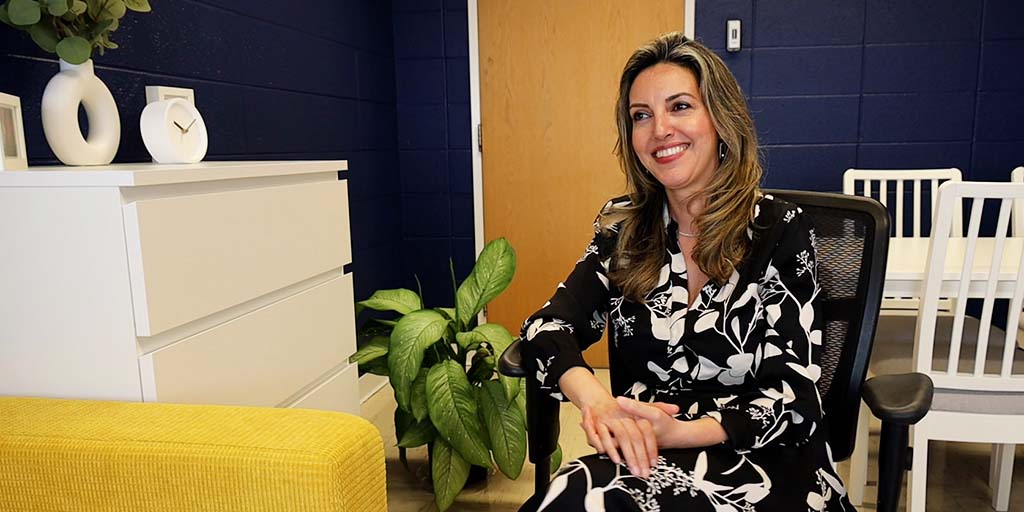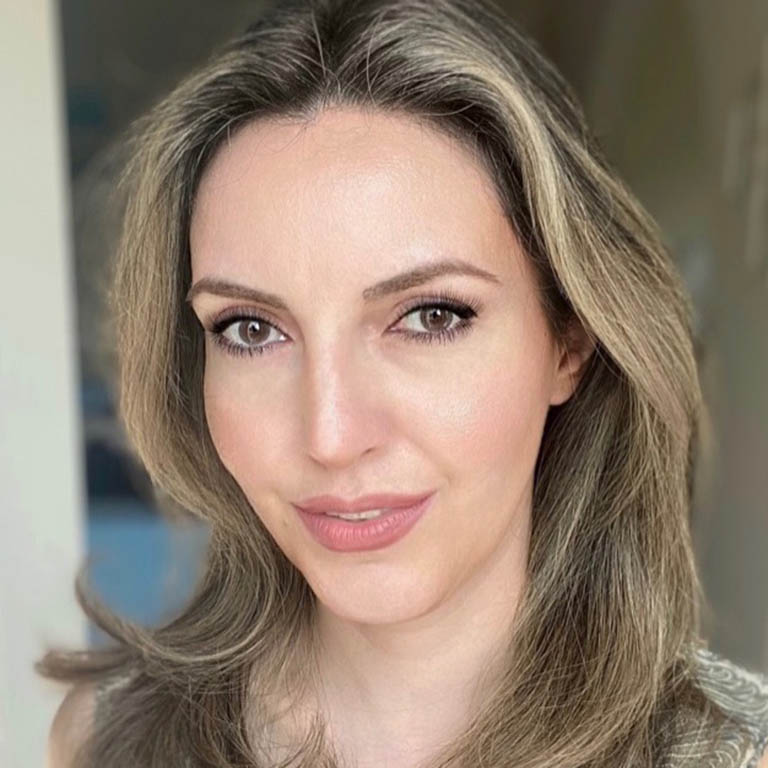“How can something so hard be so easy for us?” That is the question at the center of newly arrived PBS Professor Bonnie Nozari’s work on how we put thoughts into words, the process of language production. Words flow almost like magic. In the blink of an eye, they become sentences and paragraphs, back to back, seemingly on their own. Until one day, a stroke or brain injury occurs, and a single act of speech becomes a monumental struggle.
Nozari has encountered many such patients. At the age of 25, having just graduated with an M.D. from the Tehran University of Medical Sciences, she was working as a research assistant in a psychiatric hospital at the University when one such encounter, as she says, “changed everything for me.” During a picture naming task, the patient misidentified the image of a sheep with a series of words that had a curious pattern to them: “wolf, no, steep, no sleep.” So intrigued was Nozari by this pattern that she went back to her computer and started searching for information on speech errors and the brain. What she found was a study by psycholinguist Gary Dell presenting a computational model of the brain which imitated speech errors. “I was absolutely fascinated,” she says.
Having accidentally stumbled into the field of cognitive psychology, not widely known in Iran at that time, she began an email correspondence with Dell, who shared his knowledge and explained how she could ultimately become a practitioner in the field. As she puts it, “This generous man patiently addressed my very naïve questions over the next couple of months.” And before long she was on her way to becoming a Ph.D. student at the University of Illinois Urbana-Champaign with Dell as her advisor. As she sees it, “He really did take a chance on me and I’m really grateful that he did.”
She clearly thrived in that environment, picking up other interests in areas such as visual processing and attention, and continuing to work with patients. Some 15 years, several positions and much professional recognition later, her interests have expanded even further. But at Indiana University, another Midwestern intellectual enclave, she says, “I feel like I’ve come full circle.”




 The College of Arts
The College of Arts